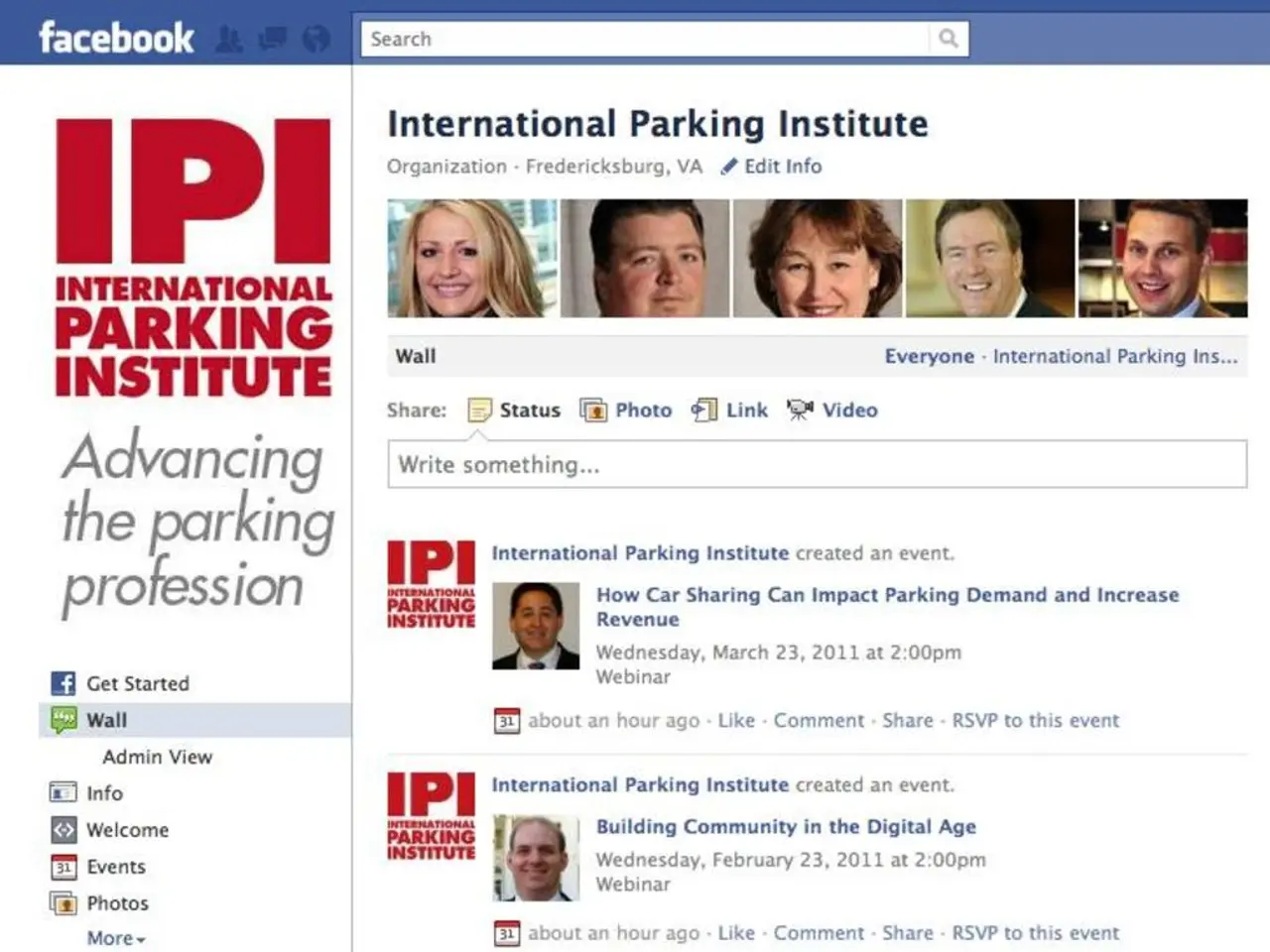Administration under Trump terminates crisis support service for LGBTQ youth struggling with suicide
The Trump Administration has officially terminated the LGBTQ Youth Specialized Services program on the 988 Suicide & Crisis Lifeline. The decision, announced by the Substance Abuse and Mental Health Services Administration (SAMHSA) in June 2025, aims to "no longer silo LGB+ youth services" and instead focus on serving all help seekers [3].
The specialized program, known as the "Press 3 option," allowed 988 callers under the age of 25 to speak with LGBTQ-trained counselors. Since its launch in July 2022, nearly 1.5 million contacts were routed to the LGBTQ service [4].
Critics argue that this decision is dangerous, particularly since the program was established to provide specialized, evidence-backed services to populations at high risk for suicide, including LGBTQ+ youth [1][5]. Rep. Mike Lawler (R-N.Y.) and other representatives have joined in the criticism, stating that the lifeline had provided help and saved lives for young people in crisis.
In response to the termination, advocacy groups and mental health organizations are urging Congress to reconsider and continue funding these critical services. The American Foundation for Suicide Prevention (AFSP) has emphasized the increased suicide risks faced by LGBTQ+ youth and the importance of specialized support [5].
While specific state-level plans to fill the gap are not detailed, it is likely that states will look to local and private organizations to provide similar specialized services. Organizations like The Trevor Project, which has been vocal about the impact of the termination, may see an increased role in providing LGBTQ+ youth with mental health support and crisis services [1]. California, for instance, is committed to supporting the LGBTQ community and ensuring they can access the help they need. The state's Health and Human Services Agency will partner with The Trevor Project to provide enhanced competency training for 988 crisis counselors [6].
However, without federal funding, sustaining these services at the scale and quality provided by the 988 Lifeline may be challenging. Advocates are calling on Congress to reverse the decision and ensure that critical, life-saving services for LGBTQ+ youth are maintained. Jaymes Black, CEO of The Trevor Project, called the termination of the service "unfathomable" [7]. Despite the termination, The Trevor Project continues to provide specialized crisis intervention and suicide prevention help for LGBTQ youths and young adults.
The 988 Suicide & Crisis Lifeline launched two years after President Donald Trump signed the National Suicide Hotline Designation Act. The lifeline's initial provider of the specialized service was The Trevor Project [2]. The specialized LGBTQ hotline was initially a pilot program, receiving between $29.7 million and $33 million annually, according to SAMHSA [8].
The Department of Health and Human Services stated that the Press 3 option had run out of congressionally directed funding [4]. SAMHSA's spokesperson referred NBC News to the agency's June statement about the service's termination [9]. California Governor Gavin Newsom stated that the state is committed to ensuring every person in the state can get the support they need to live a happy, healthy life [6].
In conclusion, the termination of the LGBTQ Youth Specialized Services program on the 988 Suicide & Crisis Lifeline has raised concerns among advocates and mental health professionals. Efforts are being made to fill the gap left by the federal program's termination, but the future of these critical services remains uncertain without federal funding.
- In the wake of the termination of the LGBTQ Youth Specialized Services program, mental health organizations and advocacy groups are urging Congress to reconsider and fund these essential services, emphasizing their importance for the mental health and wellness of young individuals, particularly those who identify as LGBTQ+.
- With the focus now on local and private organizations to provide similar services, organizations like The Trevor Project may see an increased role in providing mental health support and crisis services, especially in regions like California that are committed to supporting the LGBTQ community and maintaining these critical services.








